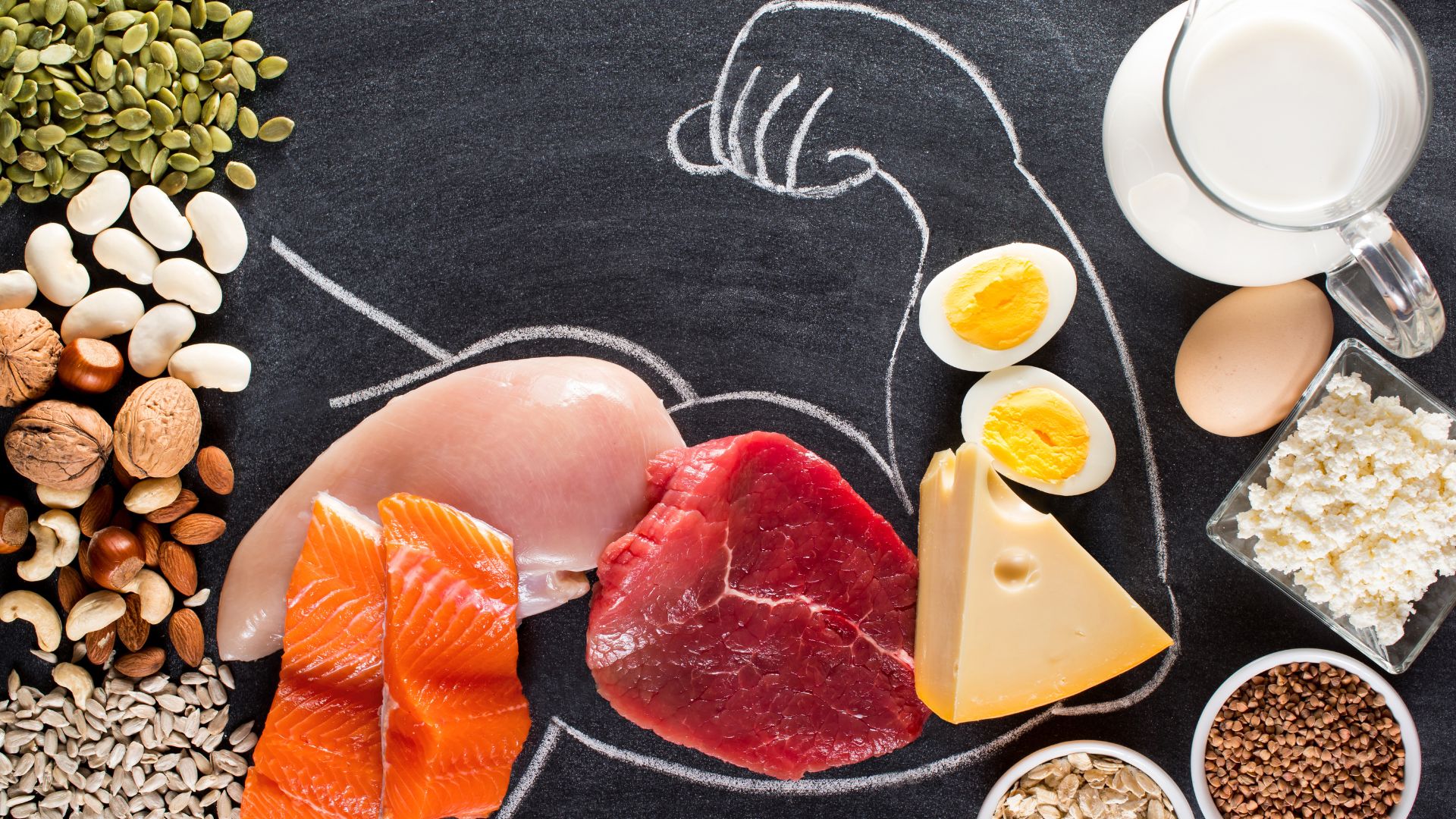3 Steps To Set & Achieve Your Nutrition Goals

Setting a goal is the easy part; the difficult part is forming the long-term habits to support and achieve them. Setting goals can be inspiring and exciting in the early stages, but maintaining the healthy behaviours to support them can quickly become a struggle. Read on to explore our 3 simple steps to help you move from setting the goals, to actually achieving them!
Connect The Goal To Your Values
Everyone has different values that guide their choices in life. What you value impacts your daily choices.
The 10 most common values are:
- Health
- Career
- Friendship
- Family
- Parenting
- Intimate Relationship
- Personal Development
- Spirituality/Religion
- Community
- Hobbies
If you are reading this right now and are apart of the Live Life Get Active community, there’s a high chance you value health. However, this isn’t the only value that guides your choices when it comes to goal-setting and healthy living. All your different values influence your decision-making process. Two reasons you should identify your core values are:
- They create a deeper connection to the goal. Your values help you understand the ‘WHY’ behind the goal that you have set. Having a deeper connection to why you want to achieve the goal, particularly beyond health factors, increases the likelihood of success.
For example, when setting a goal to increase your energy levels, try to explore the benefits of achieving it beyond its effects on your health. Increasing your energy, for instance, will help you become more productive at work and, therefore, more likely to get a promotion. Perhaps you want more energy to play with your kids more often. These reasons factor in the values of career and family, and demonstrate that your health choices have a ripple effect on the rest of your life.
- Bring context to your food choices. Food is intrinsically connected to the majority of our values; fueling us while also creating togetherness and culture. Understanding the connection between our food choices and our values can help us navigate the conflict between our health values and other values, such as family, religion, friendship, etc.
For example: perhaps you’d normally choose a piece of fruit for your afternoon tea; however your child has baked a cake and would like you to try a slice. Although you may not be craving cake – or maybe you feel as if eating it will derail your goals – the value of family overrules. You value your child’s happiness and the sense of accomplishment they get while watching you enjoy the food they made.
Overall, identifying your core values can help create a deeper connection to your goal and bring context to your food choices.
Create An Identity Around The Goal
While it’s important to set SMART goals, it’s also important to create identity-based goals. This approach focuses on who we want to become, which increases the chance of the goal becoming a long-lasting change.
Set yourself an identity-based goal such as: ‘I want to become the person who prioritises sleep‘, or, ‘I want to be the type of person who maintains a healthy body weight.’ Identity-based goals are more flexible and focus on a mindset of changing from within. Linking the goal to your desired identity can assist with long-term behavioural changes.
Create Your Action Plan
A powerful goal offers clear direction and benchmarks to help you identify your progress. This is possibly the most important step, as action is the springboard to achievement. You can’t always control all the factors for reaching your goal; however, creating an action plan ensures that you’re focusing on the practical habits within your control.
If your goal is to increase energy, your action plan might include finding some energy-boosting recipes, meal prep at the beginning of the week, having balanced snacks available, and exposing yourself to natural light throughout the day. See this weeks recipe Beef Massaman Curry as a great meal prep option for energy-boosting lunches for the week.
Outlining an action plan that highlights the habits you need to do daily, weekly and monthly is essential to reach your goals in time.
References:
- How dietitians set & achieve goals │ a three step approach (2021) Vitality Nutrition . Available at: https://www.vitalitynutrition.ca/blog/how-dietitians-set-achieve-goals (Accessed: February 7, 2023).







